By Nick Harrison

The UK GDP figure was released early yesterday morning and it was not a good read. It showed the UK economy had contracted by 0.3% against a forecasted figure of minus 0.1%. The Gross Domestic Product is the total value of goods and services produced by the economy and it is the largest measure of economic activity, and the primary gauge of that country’s economic health.
The released figure was in stark contrast to the first quarter of the year, where the economy expanded by 0.7%. The first quarter performance though flattered to deceive, as this was put down to people bringing forward house purchases to beat the stamp duty holiday deadline. Also, it was down to businesses hurrying to get orders out of the door ahead of Trumps trade tariff announcements, so the overall picture is that of trouble for the Chancellor of The Exchequer Rachel Reeves. She now has to deal with low growth and high taxes in the UK, which is causing the ultimate headache in the search for a policy that will bring the UK back into healthy growth.
While Reeves looks to blame Trump for his tariff policies, much of the blame falls within the UK. High government borrowing costs, rising costs of living expenses and higher taxation have hurt the UK and this continues to be the trend as economists predict a further decline of 0.1% in the second quarter. Production in the UK has also fallen by 0.6% mainly driven by the 9.5% drop in car manufacturing as the slump in export orders continues.
Reeves in her statement earlier this week is looking to invest heavily in the rail network, nuclear power and social housing. The problem though is that these projects are all long term, and will continue to cost government spending dearly. Further tax rises are therefore now potentially on the table, as she looks to somehow balance her budget.
A bit of doom and gloom then unfortunately and we have seen this manifest itself in the currency market. The Pound sank in April after the tariff announcements, but that aside, we are now seeing the Pound trade at its lowest level against the Euro since August last year. A €250,000 property would now cost you £3,000 more than if you had bought just 4 weeks ago, so do please reach out and speak to your Currency Consultant to see how these economic events are affecting the cost of your foreign exchange.
Elsewhere, the US posted some negative data too as their Production and Unemployment figures both came in worse than expected yesterday afternoon. The Pound gained just under a cent against the US Dollar as a result, so a small gain amidst a tough week.
Today we have woken up to the news that Israel has attacked Iran with airstrikes. This kind of global news can impact the currency market, as investors usually look to take money out of riskier currencies, such as the Pound, and invest in the safe havens of the US Dollar and Swiss Franc. Let’s see how this pans out as tensions will no doubt increase.
The week finishes with US Consumer Sentiment and Inflation expectations being released at 3pm today, so look out for any market reaction later this afternoon.
Next week sees some really big data releases for the currency market, as we see the US and UK Central Banks announce their interest rate decisions. This is coupled with UK inflation as well as UK and US Retail Sales, so we could well see a volatile week for the Pound. Again – do reach out to your Currency Consultant for updates as to how these important releases directly affect the cost or return of your foreign currency.


